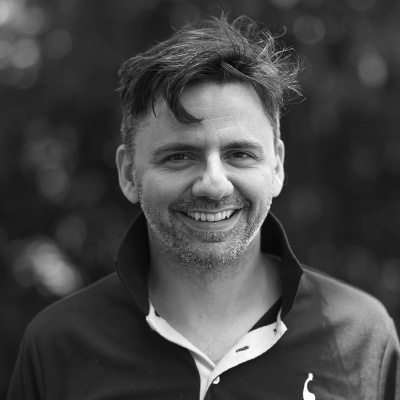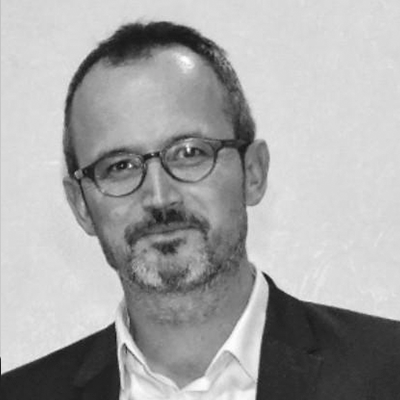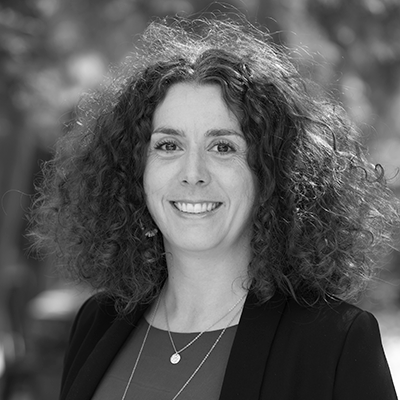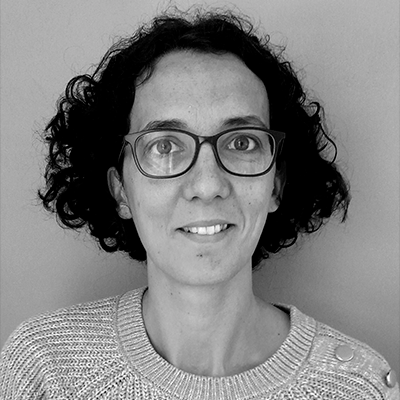A global coalition to improve cerebrovascular health.
Issues and objectives
Among neurological diseases, cerebrovascular diseases are particularly prone to disparities in prevention and care, both in France and worldwide. These inequalities threaten to widen if new diagnostic and therapeutic approaches based on cutting-edge technological developments (e.g. high-throughput genomic and/or molecular analyses) are less accessible or cannot be adapted to populations under-represented in research. This is all the more worrying given that the prevalence and severity of stroke and cerebral small-vessel disease is higher in countries in the southern hemisphere.
Recent work on stroke by researchers at the VBHI has also demonstrated the value of combining large-scale epidemiological studies on populations of very diverse ancestral origins, to increase the potential for discovering new risk genes. These studies make a real contribution to our understanding of the molecular mechanisms of disease, to the discovery of drugs derived from ‘omics’ approaches, and to risk prediction/stratification, leading to results that can be transposed to more diverse populations.
The aim of the VBHI – Global Vascular Brain Health Coalition is to create a worldwide network of expertise and resources to advance knowledge in the fight against cerebrovascular disease. This alliance is part of a global health vision, taking into account the diversity of populations, living conditions and accessible resources in order to develop high-impact public health policies. With an emphasis on exchange, the research and action work is carried out with scientists and practitioners from developing countries, who contribute their expertise and field experience to cutting-edge science.
Priority areas:
- Creation of a methodological platform for the development of collaborative translational research on cerebrovascular health in low-and middle-income countries (LMICs), based on data sharing (genomics, cerebral imaging, etc.) and facilitated by federated learning (AI) approaches;
- Mentoring for young leaders (research, care, public policy, socio-economic players) active in promoting healthy brain ageing in the Global South.
The largest genomic study on stroke, carried out by a vast international collaboration, showed that the geographical diversity of the 120,000 patients included in the initial analysis (one third non-European) increased the statistical power and enabled the identification of several additional risk genes (Mishra, Nature 2022). The combination of information on risk genes from groups of patients of different geographical origins has also enabled algorithms for predicting genetic risk of ischaemic stroke to be successfully transposed to non-European populations, particularly Asians and Africans.
Our experts
Your help is essential in the fight against stroke and dementia, and for the promotion of healthy brain ageing.
By supporting cutting-edge research to develop new prevention strategies and personalised therapies for vascular brain diseases, you are helping reduce the burden of these diseases worldwide.
Your donation entitles you to a tax reduction.
E.g.: If I am taxable and I donate €50, my donation will only cost me €12 after tax reduction.









